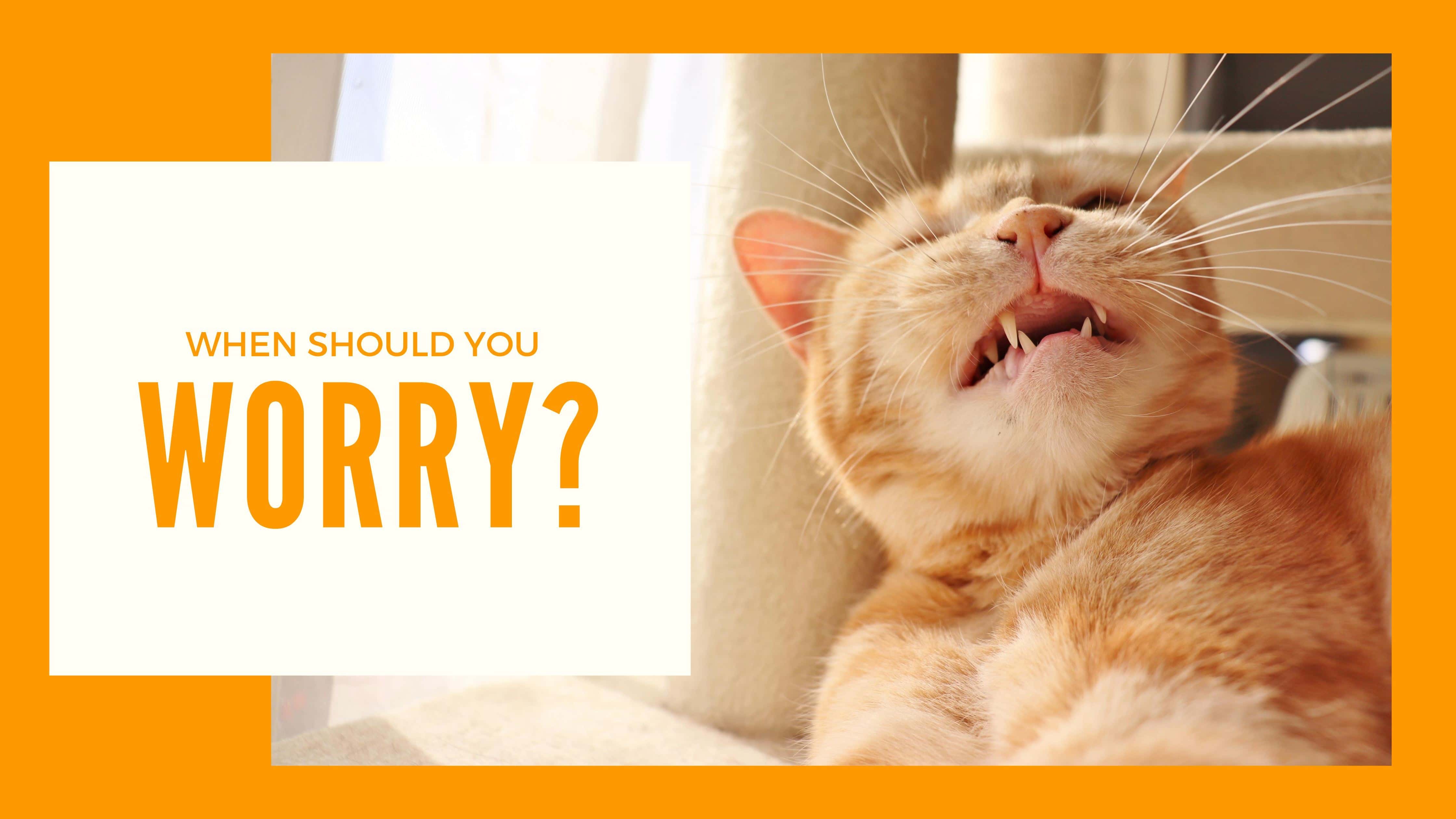Ah, the feline sneeze—it may be just one of the prettiest noises you'll ever listen to, but when should you be concerned?
Much like us human beings, cats can catch colds and struggle with respiratory infections. Nevertheless, various other problems can likewise lead to those adorable little sneezes.

Most of us sneeze from time to time for relatively no reasons. As you may imagine, If your pet cat sneezes occasionally, but otherwise energetic, there's probably nothing to fuss about. However, if your cat sneezes are more than occasional or are accompanied by blood or mucous, and discharge from their eyes, the sneeze may suggest more significant troubles.
Whether you're worried, or just curious, read on for some potential reasons your cat could sneeze:
Just a benign tickle
This might be the most apparent cause of sneezing. A basic tickle in the feline's nose, such as a little dust or a mild chemical irritant, can trigger a sneeze.
Respiratory infections
Another root cause of sneezing is connected with a respiratory infection, most often a viral infection. (That's right. Our feline friends can get colds too!)
Much less frequently, fungal infections can also cause sinus illness that leads to nasal inflammation. Viral respiratory system infections might be accompanied by a cough and, more often, by discharge accumulating in the eyes.
Chemical irritants
On occasion, a noxious smell or chemical fumes containing numerous solvents can cause inflammation of the membrane layers of the nose and sinuses. Sneezing is the body's method of ridding itself of that inflammation. Some felines can additionally be sensitive to inhaled tobacco smoke, perfumes as well as different chemicals.
Foreign bodies
Foreign bodies like grass may find means into the nasal cavity. The result can be irritation or, if not sneezed out, can develop into an infection.
Oral disease
Oral diseases can cause sneezing, especially with root infections. Infections in the tooth can permit bacteria to build in the nasal sinus resulting in inflammation and also sneezing.
Pollen Allergies
Plant pollen allergic reactions are a lot less typical in felines than in people, yet there is a chance that they may be allergic to pollens.
Vaccinations
Vaccines to defend against breathing infections usually cause sneezing for a few days after administration. The sneezing generally lasts for just a few days and disappears on its own, needing no treatment.
When to See a Vet?

If your cat is sneezing once in a while with no other signs and symptoms or extremely light symptoms, you can wait a day or more to see if anything changes. Kittens, however, ought to be seen immediately by a veterinarian when suffering from these.
If the sneezing lingers or is accompanied by other symptoms, you might want to check out with your vet for appropriate medical diagnosis and medications. This is vital if your feline has stopped eating.
If you observe anything worrisome, you ought to visit or call your vet. They are your best ally to ensure the health and wellness of your pets.





















